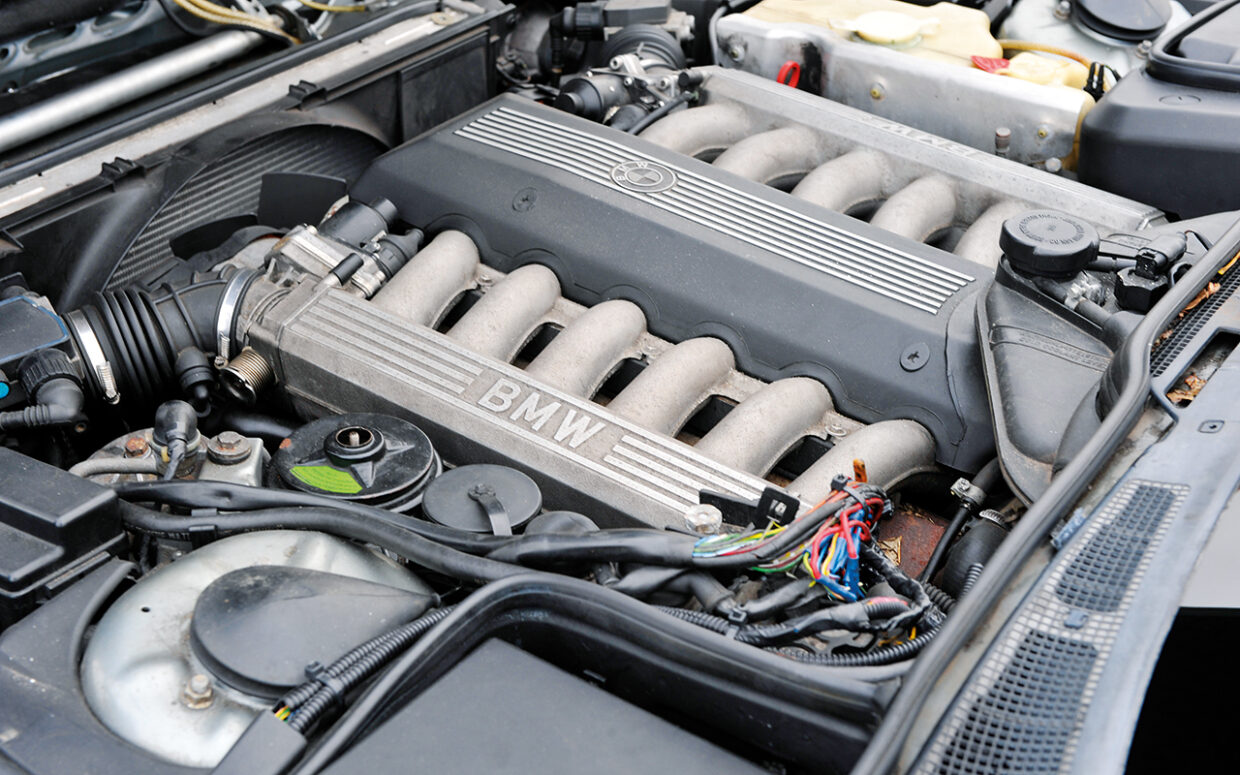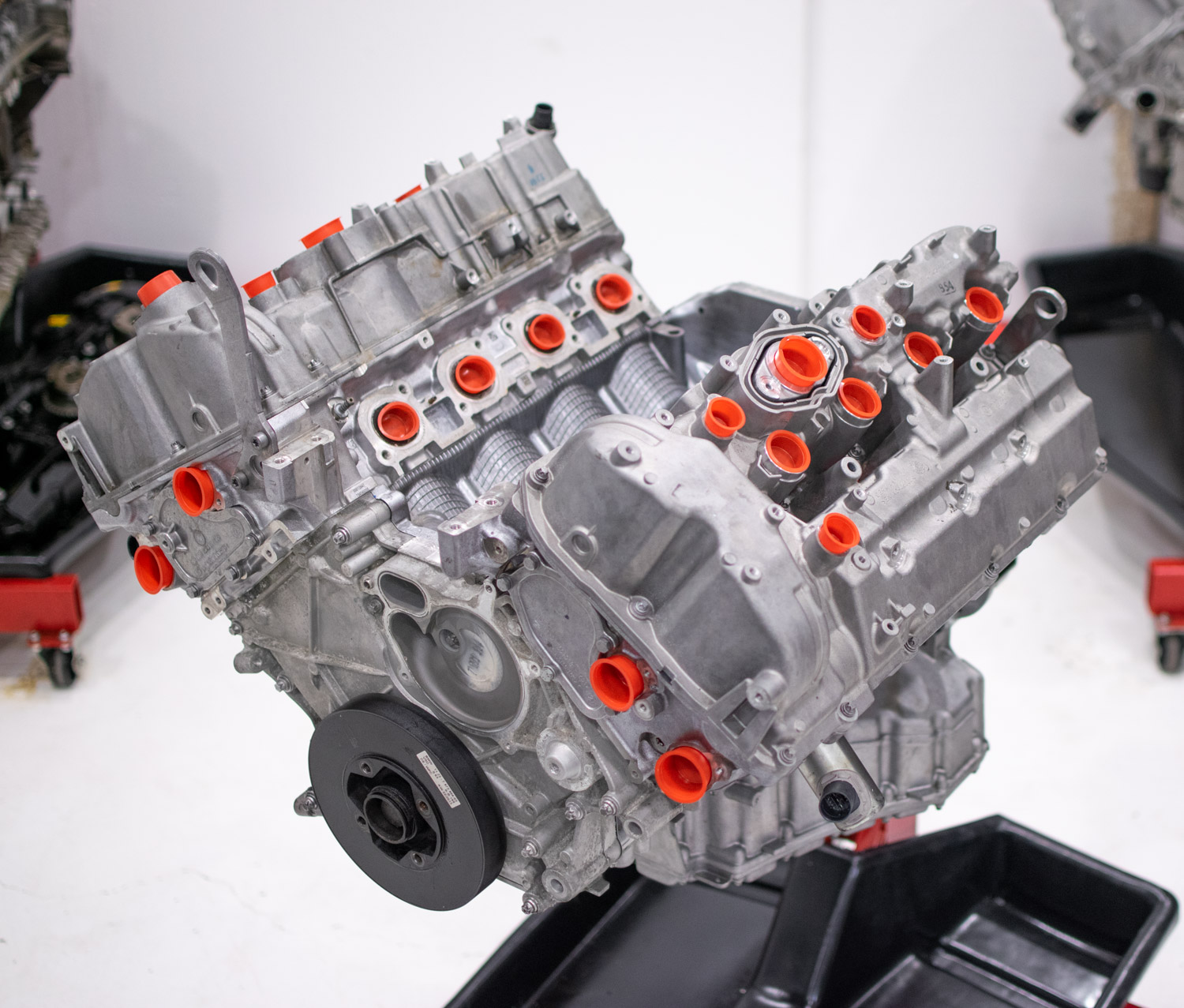Unveiling the Intricacies of Next-Generation Power Units: a Deep Dive Into Advanced Engine Layouts and Technologies
In the world of vehicle engineering, the ruthless quest of performance, sustainability, and effectiveness has moved the advancement of power devices to extraordinary elevations. As we base on the precipice of a new era in transportation, the details of next-generation engine styles beckon us to explore the cutting-edge technologies and advancements that promise to redefine the driving experience. From advanced products that push the boundaries of resilience and weight reduction to innovative turbocharging and turbo charging systems that elevate power result to new levels, each part of these power units holds a key to opening the future of automobile design. Delving deeper into the realms of exhaust control, intelligent engine administration systems, and the horizon of power device growth, we discover ourselves on the cusp of a transformation that assures to reshape the landscape of mobility as we recognize it.
Development of Engine Materials

The shift in the direction of advanced engine materials has actually additionally made it possible for engineers to design engines with greater power outputs while maintaining gas efficiency standards. For example, using lightweight products reduces the overall weight of the engine, resulting in enhanced gas economic climate and reduced exhausts. Additionally, developments in materials innovation have allowed for better thermal management within engines, resulting in increased integrity and durability.
Turbocharging and Supercharging Technologies
Exactly How do Turbocharging and Supercharging Technologies revolutionize engine efficiency and effectiveness in modern cars? Turbocharging and supercharging are innovations that considerably enhance engine efficiency by raising the quantity of air consumption into the burning chamber. Turbocharging achieves this by using a turbine driven by exhaust gases to pressurize the consumption air, while supercharging makes use of a belt- or chain-driven compressor to accomplish the very same result.
These modern technologies allow smaller, a lot more fuel-efficient engines to produce power comparable to larger ones, referred to as downsizing. By compeling more air right into the cylinders, turbo charging and turbocharging enhance combustion effectiveness, resulting in raised horse power and torque outcome without a significant rise in engine size. This results in far better acceleration, hauling ability, and overall driving performance.
Moreover, turbocharging and turbo charging add to boosted gas performance by allowing the usage of smaller engines that eat much less gas under regular driving conditions - bmw engine. This combination of boosted efficiency and efficiency has made turbocharging and supercharging integral elements of numerous contemporary engine layouts
Discharge Control and Environmental Influence
With raising global worries relating to air top quality and ecological sustainability, the implementation of exhaust control technologies in automobiles plays a vital duty in reducing hazardous toxins launched into the environment. Modern vehicles are outfitted with innovative exhaust control systems that assist minimize the ecological influence of automotive operations. Catalytic converters, for circumstances, are created to transform hazardous gases such as carbon monoxide gas, nitrogen oxides, and hydrocarbons into less unsafe substances like co2 and water vapor.
Furthermore, improvements in engine innovation, such as the integration of exhaust gas recirculation systems and discerning catalytic decrease, have significantly contributed to decreasing exhausts. These technologies operate in tandem to maximize combustion efficiency and lessen the release of unsafe toxins into the air. In addition, the advancement of crossbreed and electric lorries represents an important action in the direction of decreasing the overall ecological footprint of the transportation sector.
Intelligent Engine Monitoring Solution

Furthermore, these systems allow vehicles to satisfy rigid discharges criteria without jeopardizing performance, supplying an extra eco-friendly driving experience. The combination of artificial intelligence and artificial intelligence abilities in engine management systems remains to press the boundaries of what is possible, bring about more enhancements in effectiveness, dependability, and overall vehicle performance. bmw engine. As automobile modern technology advancements, smart engine administration systems will certainly play a crucial function in forming the future of transportation towards an extra sustainable and effective instructions
Future Trends in Power System Development
As intelligent engine administration systems lead the way for improved control and optimization in modern-day vehicles, future trends in click here now power unit advancement are positioned to find more info redefine the landscape of vehicle propulsion technologies. Among the key patterns driving innovation in power device advancement is the change in the direction of electrification. With a boosting concentrate on sustainability and minimizing carbon emissions, crossbreed and electrical powertrains are ending up being much more prevalent in the auto market. These alternative source of power use enhanced effectiveness and performance while aligning with stringent environmental regulations.
Another substantial pattern is the assimilation of innovative materials and making methods. Light-weight materials such as carbon fiber and light weight aluminum are being utilized to reduce general vehicle weight, improving fuel performance and efficiency. Additionally, advancements in 3D printing and additive manufacturing are making it possible for the production of complex engine elements with greater precision and sturdiness.
Moreover, man-made intelligence and maker discovering are playing an essential duty in optimizing power system efficiency. These modern technologies enable real-time monitoring and flexible control, causing a lot more reliable and trusted power distribution. Overall, future fads in power system development are geared towards efficiency, sustainability, and performance, driving the auto market towards a new age of propulsion modern technologies.

Conclusion
In verdict, the developments in engine materials, turbocharging, exhaust control, and smart monitoring systems have paved the way for next-generation power devices. The elaborate styles and innovations in modern engines display great site the recurring advancement of automobile innovation.
Exploring the modern developments in engine products has been essential in boosting the performance and efficiency of contemporary engines. Over the years, the evolution of engine products has played a vital function in pushing the limits of what engines can accomplish.The change towards progressed engine products has additionally enabled engineers to create engines with greater power results while maintaining fuel effectiveness requirements.The execution of smart engine monitoring systems in contemporary vehicles has actually changed the way engines are managed and maximized for efficiency and effectiveness. By gathering information in real-time and analyzing it with sophisticated formulas, intelligent engine administration systems can adjust to driving designs, ecological aspects, and engine health to optimize power output while reducing gas intake and discharges.